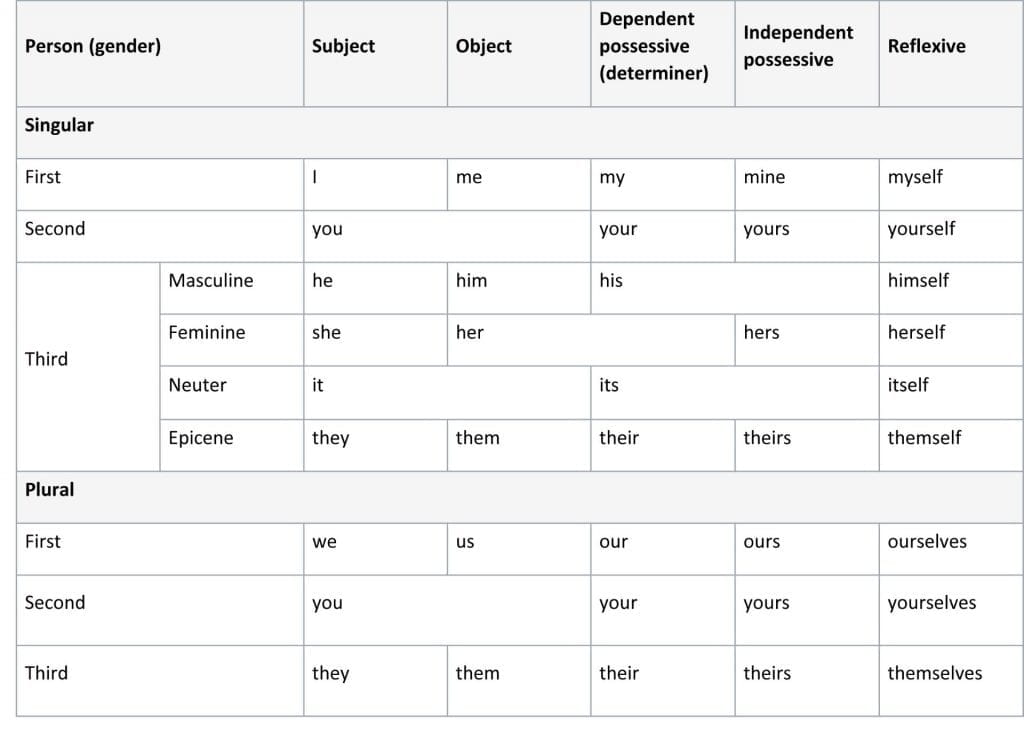- Everyone has pronouns
- Cisgender people have pronouns, too
- Most children are aware of gender and pronouns between 3-5 years of age
- Most cultures have a long tradition of using misgendering as a way to humiliate someone by indicating they’re performing gender incorrectly, and therefore are “less than” a “real man” or “real woman”
- “Sticks and stones will break my bones, but words will never hurt me” is factually incorrect
- Although your intentions may be good, your words can have a negative impact on others
- I know you better than you know yourself.
- I would rather hurt you repeatedly than change the way I speak about you.
- Your sense of safety is not important to me.
- Your identity isn’t real and shouldn’t be acknowledged.
- I want to teach everyone around me to disrespect you.
- Offending you is fine if it makes me feel more comfortable.
- I can hear you talking, but I’m not really listening.
- Being who you truly are is an inconvenience to me.
- I would prefer it if you stopped being honest with me.
- I am not an ally, a friend, or someone you can trust.


- Avoid assuming anyone’s gender
- Feel free to ask people when you meet them what pronouns they use
- Feel free to include your pronouns when introducing yourself to people
- Feel free to put your pronouns in your email signature, on nametags, on social media, on zoom, on your website, etc.
- Pronouns are not a whim, phase, or “preferred” usage for cisgender people; Trans and nonbinary people deserve the same consideration
- Practice “they/them” or other nonbinary/gender neutral pronouns
- Advocate for the removal of unnecessarily gendered language
- Advocate for organizational and medical record systems that encompass sex AND gender, or sex assigned at birth/gender assigned at birth and current gender if different, and current “use name” and pronouns if different from gender marker on legal ID
- Give yourself permission to make mistakes

Did you know that Wash U. has a preferred name policy?